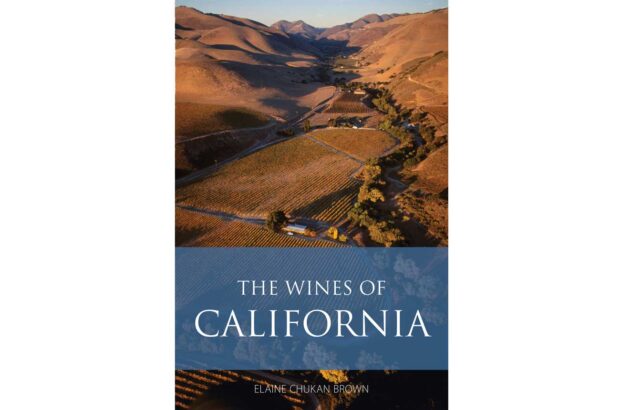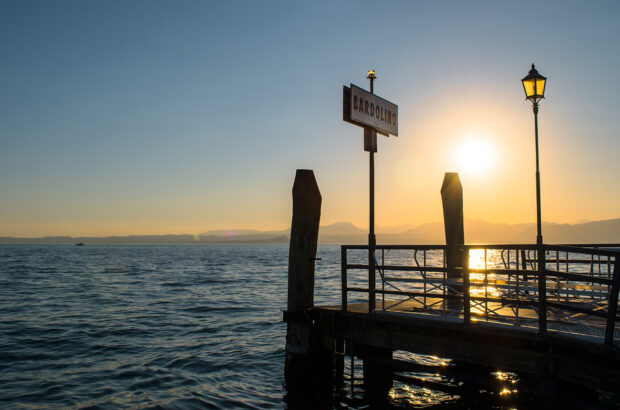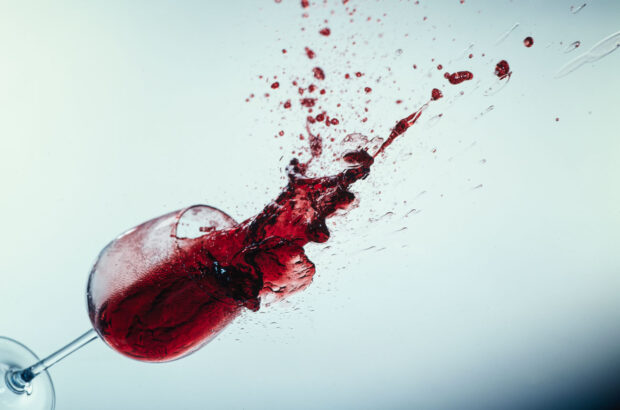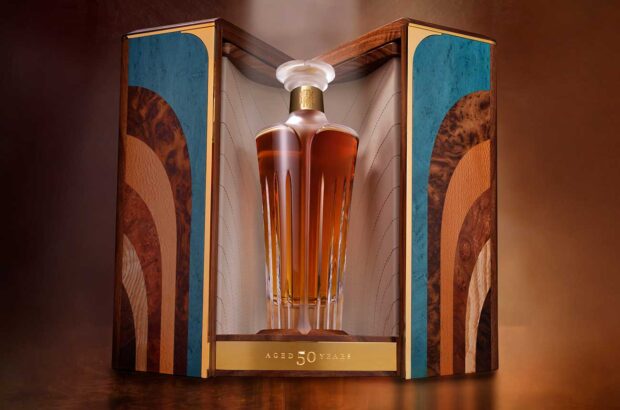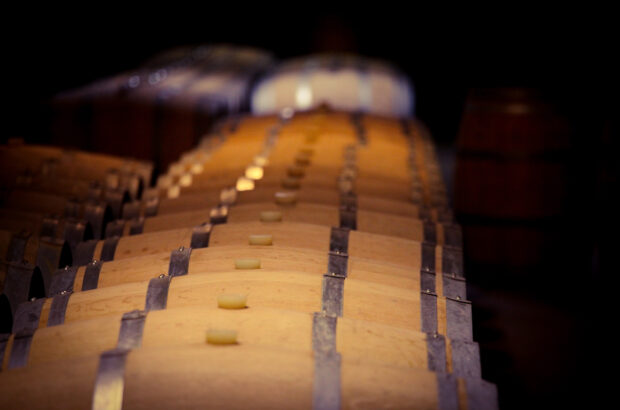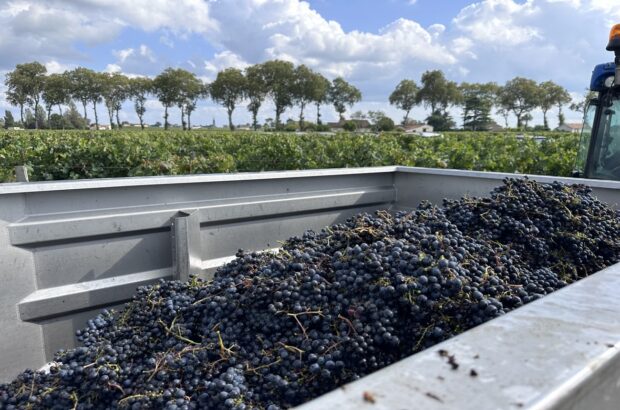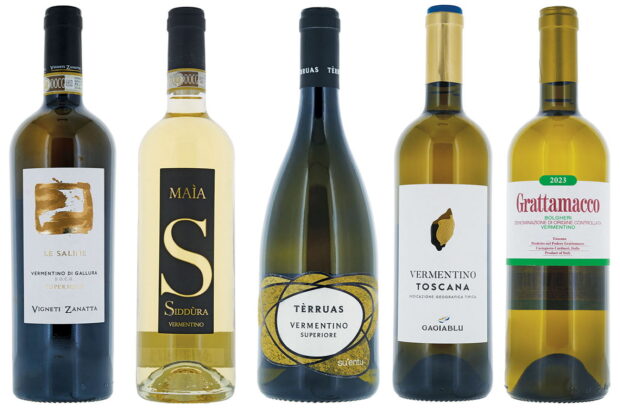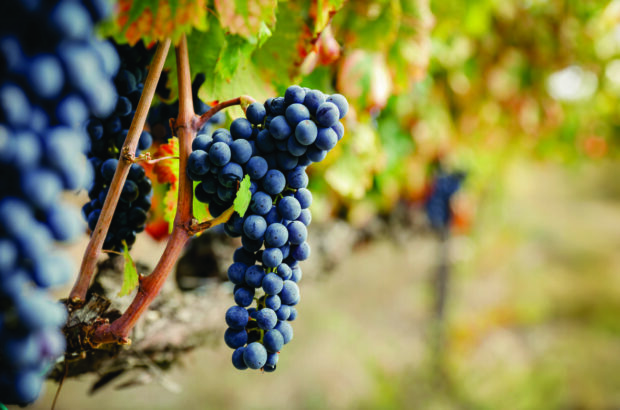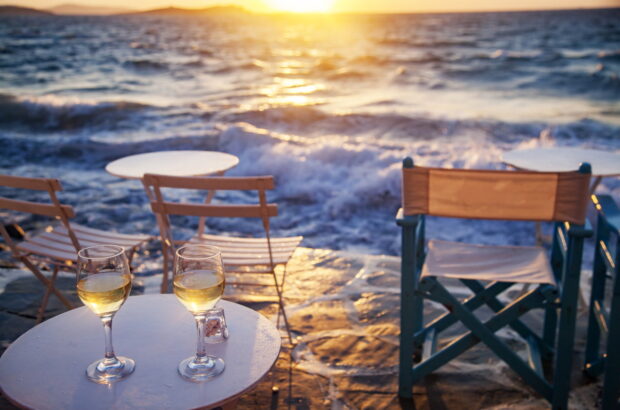Rioja is an extremely well-known brand in its own right, in a sense not dissimilar to Champagne: they both produce a little over 300 million bottles per annum and are often the ‘go-to’ in terms, respectively, of Spanish and sparkling wine.
There’s much more to Rioja than this as any visitor will soon discern. Its landscape recalls Burgundy in terms of topography, and it is this sheer diversity which Rodolfo Bastida, Ramón Bilbao’s engaging winemaker, is keen to underline during this seminal tasting.
Bordeaux, he tells us, is only slightly larger than Rioja and yet is made up of 60 different appellations…Rioja only has one. For all the intrinsic merits attached to the strong recognition of ‘brand Rioja’, the time is right to stress variety and complexity.
‘I like to paint with a small brush’ says Rodolfo, and very intricate and impressive are his vinous paintings.
Divisions
Rodolfo stresses two things: firstly, that Rioja should be analysed along a west-east (rather than a north-south) axis, and secondly that the key to quality is fundamentally equated to altitude and, tangentially, relative proximity to the River Ebro.
Climate change has brought the harvest date forward by up to 20 days over the last two decades and has prompted the development of vineyards located at higher altitudes, where the husbandry can be at its most challenging. The west-east division mirrors styles referred to as Atlantic and Mediterranean, both climate and soils appreciably different as one moves away from the protective lee of the Cantabrian Mountains.
The tasting
Rodolfo’s tasting visits seven specific crus located across the region, all sharing altitudes of 400-700 metres and contributing – to a greater or lesser degree – to the two key Ramón Bilbao labels, Vinedos de Altura and Reserva Original (also tasted). It’s a truly fascinating exercise to disseminate the style of the blended wine from its components. Rodolfo will one day, I am sure, be encouraged to bottle at least one of these superb crus on its own.
The diversity of Rioja terroir:
The two commercially available blended wines are followed by the seven individual cru wines, which are not available to buy.
About Ramón Bilbao
Ramón Bilbao was founded in 1924 and is now a significant name in Spain. Its 4 million bottle production may still be dwarfed by the likes of Campo Viejo (30 million) and even CVNE (8 million) but it’s now regarded as a highly influential torchbearer for the region, both in terms of quantity and quality.
The winery is located in the town of Haro, with most of the 250 hectares of owned vineyards in the western ‘Atlantic’ sector of Rioja Alta. There are also contracts covering a further 900 hectares, spread across the entire region, including both Rioja Alavesa and Rioja Oriental, previously known as Rioja Baja.



